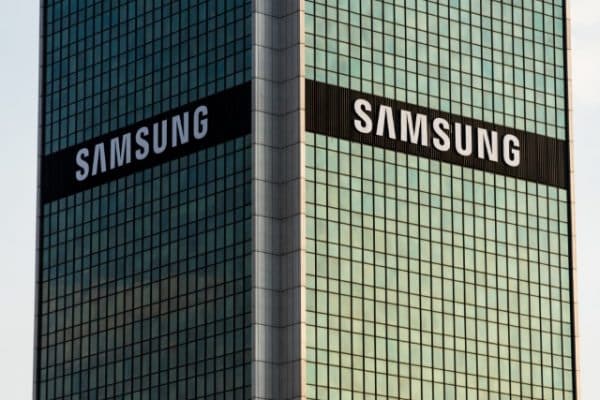China's military development
need not 'prove its innocence'
to the US and the West
- Source
- Global Times
- Editor
- Wang Xinjuan
- Time
- 2022-03-07
China's defense budget for 2022 is set at 1.45 trillion yuan (about $229 billion), up 7.1 percent from one year earlier, according to a report on the draft of central and local budgets for 2022 submitted to the National People's Congress. Some American and Western media seem to have been holding their breath for a long time to get the facts twisted, claiming that this is the fastest growth rate in three years, exceeding the GDP growth target, signaling "continuing robust military spending" and "challenging the US armed forces' dominance in the Indo-Pacific region."
It is clear that these interpretations are very good at "permutations" and argue in whichever way that can prove that "China's threat is getting bigger." However, it is unlikely to be convincing if it is far-fetched.
Since 2016, China's military budget growth has remained between 6.6 and 8.1 percent, with an average growth rate of about 7.2 percent over seven years, to which this year's increase is very close. The reason why some Western media come up with a "three-year" time frame is purely because the outbreak of the COVID-19 pandemic at the end of 2019 brought about socioeconomic fluctuations, which naturally affected various expenditures, including defense spending. As a result, the increase in China's defense budget in 2020 fell to a 32-year low, which, however, was an "unusual" situation.
China, as a large country with a population of 1.4 billion, has been quite restrained in developing its military power. Over the years, China's military spending growth has generally been pegged to GDP growth and has remained below 1.5 percent of GDP. According to the Stockholm International Peace Research Institute (SIPRI) in Sweden, the miliary spending growth of some of the major military spenders in 2020 is 3.7 percent for the US, 8.4 percent for Saudi Arabia, 2.9 percent for India, 2.2 percent for the UK and 4.3 percent for Russia. When it comes to percentage, China's defense spending is obviously not big, and it is even less if you want to count per capita spending. But the US and Western media never make such comparisons. They set the public opinion trap of asking China to constantly "prove its innocence."
China has never been a militaristic country, and its defense policy has always been defensive. China's restraint has actually created a peace dividend for the Asia-Pacific region. Over the years, Asia has become the fastest growing region in the world, thanks in large part to a peaceful and stable environment, to which China's insistence on peaceful means to resolve disputes has contributed greatly. As we have seen, the attitude of neighboring countries toward China's defense development is in fact mostly moderate. But the most vitriolic accusations and vicious smears come from the US, which has stirred up the most conflicts in the region and accounts for about 40 percent of total global defense spending.
Such accusations are based on a distorted defense concept. Several days ago, US Senate Republican leader Mitch McConnell said that President Biden's next budget request must include at least 5 percent increase in defense spending above inflation. Some analysts believe that the US defense budget for fiscal year 2023 will top the $800 billion mark, which is equivalent to the total of more than 100 countries in the world. The US military spending is already very high, but it has fallen into a vicious circle of "the more it spends on military, the more anxious it feels, and the more anxious it feels, the more it spends on military.''
Under Washington's leadership, a few staunch US allies are also upgrading military equipment. For example, Japan and Australia have significantly raised military spending in recent years. Australia even plans to boost its defense spending by 40 percent over the next 10 years. It must be said that Washington has provided the world a negative lesson on how to understand national defense development.
Whether a country is safe depends on a series of complex factors, such as whether its strategic environment faces major challenges, whether its internal politics can keep cohesion and economic and social development are stable. It is by no means the simple logic of "the higher the military spending, the more secure a country is." In this regard, the whole Chinese society has a rather high level of strategic sobriety.
In the 2022 draft budget report released on Saturday, while the national defense budget grows 7.1 percent, the budget for other two key areas of education, and science and technology increase by 10.6 percent and 7.2 percent. The government work report still focuses on economic growth and people's livelihood issues, ranging from tax cut, employment to government services, technological innovation, and rural development as well as environmental protection. "Concentrating on doing our own thing well" is China's development logic.
It is conceivable that along with the continuous expansion of China's economy, China's national defense development in the future will still keep its established pace and will not be swayed by the noises of the US and the West. We will not passively "go with the flow," nor will we engage in hot-headed "strategic rash advancement." Development of China's military prowess is a comprehensive manifestation of national strategic progress and steadiness and China's troops are troops of might, civilization and peace and are a positive force that safeguard regional and global peace and stability.
SEE LA REVUE GAUCHE - Left Comment: Search results for PERMANENT ARMS ECONOMY

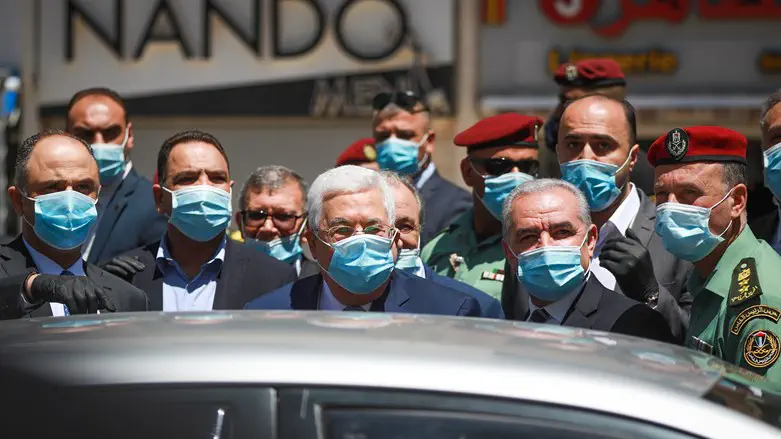
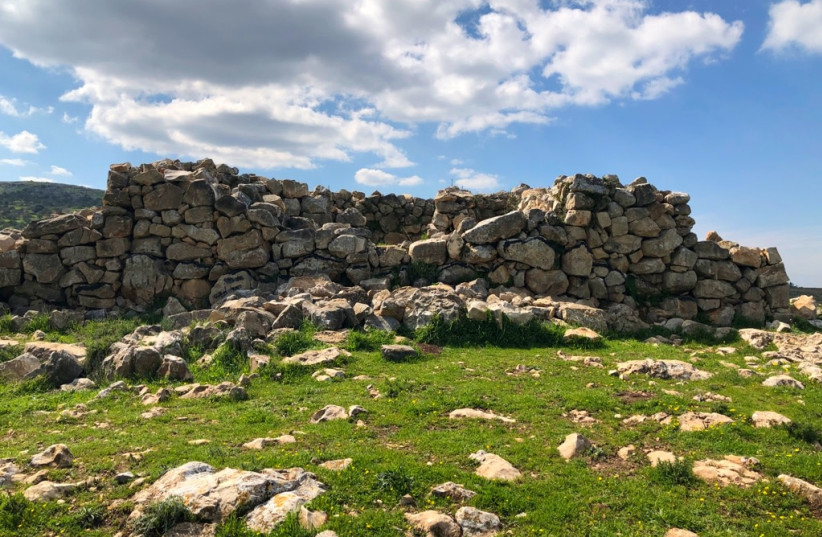
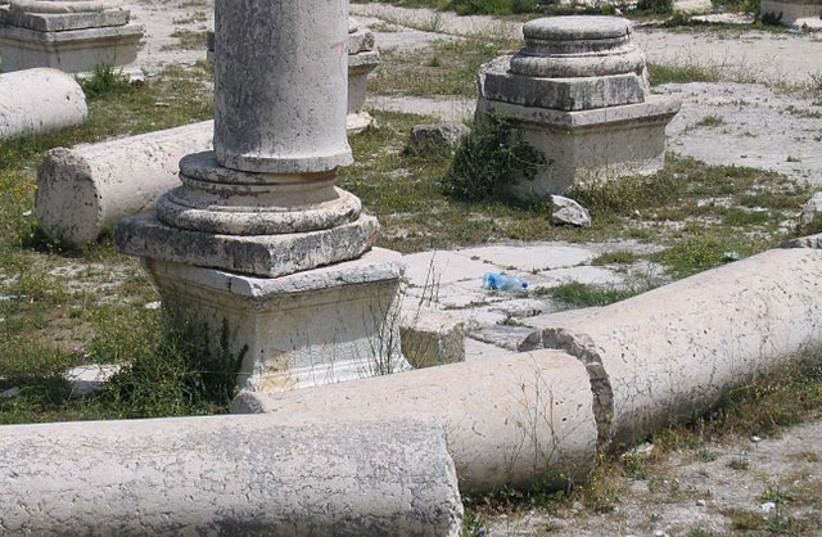 Shomron National Park (Sebastia). (credit: Wikimedia Commons)
Shomron National Park (Sebastia). (credit: Wikimedia Commons)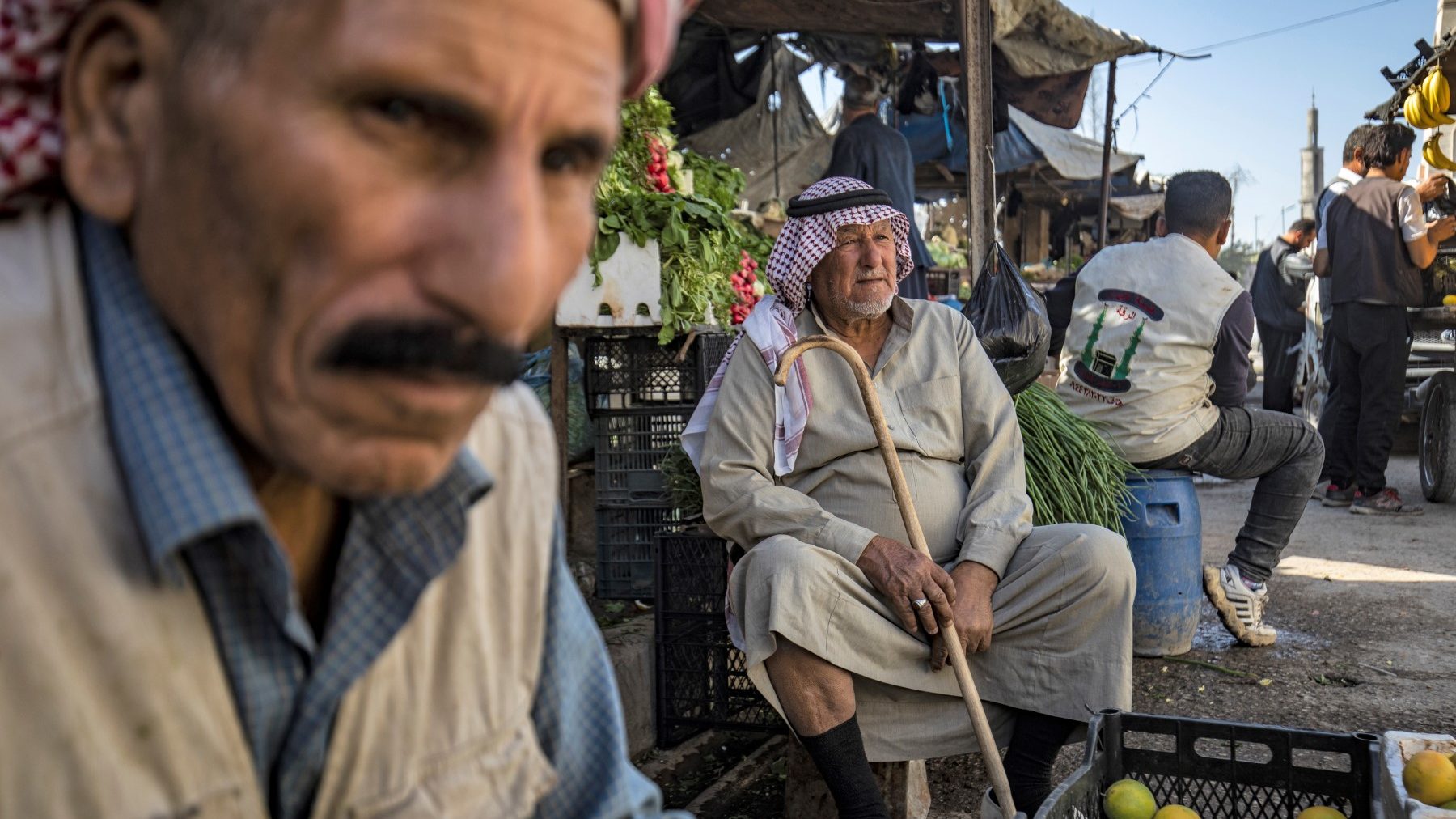
:quality(70)/s3.amazonaws.com/arc-authors/thenational/0c776a17-4aec-4e4c-95b2-489017fb7875.png)
:quality(70)/cloudfront-eu-central-1.images.arcpublishing.com/thenational/WDAP6WAMP34HU7AXAFU4GP2JF4.jpg)
:quality(70)/cloudfront-eu-central-1.images.arcpublishing.com/thenational/IUN7VUM7SLFUE43OD6KGYZW6EA.jpg)
:quality(70)/cloudfront-eu-central-1.images.arcpublishing.com/thenational/UZGZB34UULXZHEICZYJ3FZZUDE.jpg)
:quality(70)/cloudfront-eu-central-1.images.arcpublishing.com/thenational/QN2PH7OZNMFHI4SLFKZ3VZ52MM.jpg)
:quality(70)/cloudfront-eu-central-1.images.arcpublishing.com/thenational/NZXUFTIGO622RETYXM7VHFRFMA.jpg)
:quality(70)/cloudfront-eu-central-1.images.arcpublishing.com/thenational/UIGZOIUPZC2SZENEPMJLHTRWWU.jpg)
:quality(70)/cloudfront-eu-central-1.images.arcpublishing.com/thenational/EUSU2474B4ZVUYXJ3SKNUCPNYU.jpg)
:quality(70)/cloudfront-eu-central-1.images.arcpublishing.com/thenational/WQJCJ27FPN2KVSCIPJRYBRDXNI.jpg)
:quality(70)/cloudfront-eu-central-1.images.arcpublishing.com/thenational/26EXTQW5VIW62ITIPKCIPTF7AU.jpg)
:quality(70)/cloudfront-eu-central-1.images.arcpublishing.com/thenational/6JIACS7D3DQH2QTCDDUAPP7MEU.jpg)
:quality(70)/cloudfront-eu-central-1.images.arcpublishing.com/thenational/72GF2Q2ZUA7LRHTIL24WK3RFR4.jpg)
:quality(70)/cloudfront-eu-central-1.images.arcpublishing.com/thenational/X2QGR3EMJ2VRQVQ4BU7SIDJKZE.jpg)
:quality(70)/cloudfront-eu-central-1.images.arcpublishing.com/thenational/72JDJ6OI7ILOGCLBLX2D6GIZEE.jpg)
:quality(70)/cloudfront-eu-central-1.images.arcpublishing.com/thenational/RTLYAZ3JCLZSZSIUVHZDO3IK2Y.jpg)
:quality(70)/cloudfront-eu-central-1.images.arcpublishing.com/thenational/UDROS5WAMWWYZXRHE7WUJPOZIM.jpg)
:quality(70)/cloudfront-eu-central-1.images.arcpublishing.com/thenational/FKSXSNSGUWQ27H43RXXBTTFCRM.jpg)
:quality(70)/cloudfront-eu-central-1.images.arcpublishing.com/thenational/OBYSUS7QMN5ZJTEJZ4PTRX72CQ.jpg)
:quality(70)/cloudfront-eu-central-1.images.arcpublishing.com/thenational/22KCX2V4UDLRV732BOL2FOETYA.jpg)
:quality(70)/cloudfront-eu-central-1.images.arcpublishing.com/thenational/OWYHU5LBWHBNXYYZVYYWWU3YNA.jpg)
:quality(70)/cloudfront-eu-central-1.images.arcpublishing.com/thenational/RFCCW6YVUUBUODUS7XBYHFELZU.jpg)
:quality(70)/cloudfront-eu-central-1.images.arcpublishing.com/thenational/GTVUCJL37K5EGCBG5AFKTH6DPA.jpg)
:quality(70)/cloudfront-eu-central-1.images.arcpublishing.com/thenational/KKKSDBKBQKYRKHPNDBW3UJ6M24.jpg)
:quality(70)/cloudfront-eu-central-1.images.arcpublishing.com/thenational/FCQ6AF5YO7D67T7SNNVPGGEMTE.jpg)
:quality(70)/cloudfront-eu-central-1.images.arcpublishing.com/thenational/QKTOP4J3T6W57R2GD763NLZGDM.jpg)


